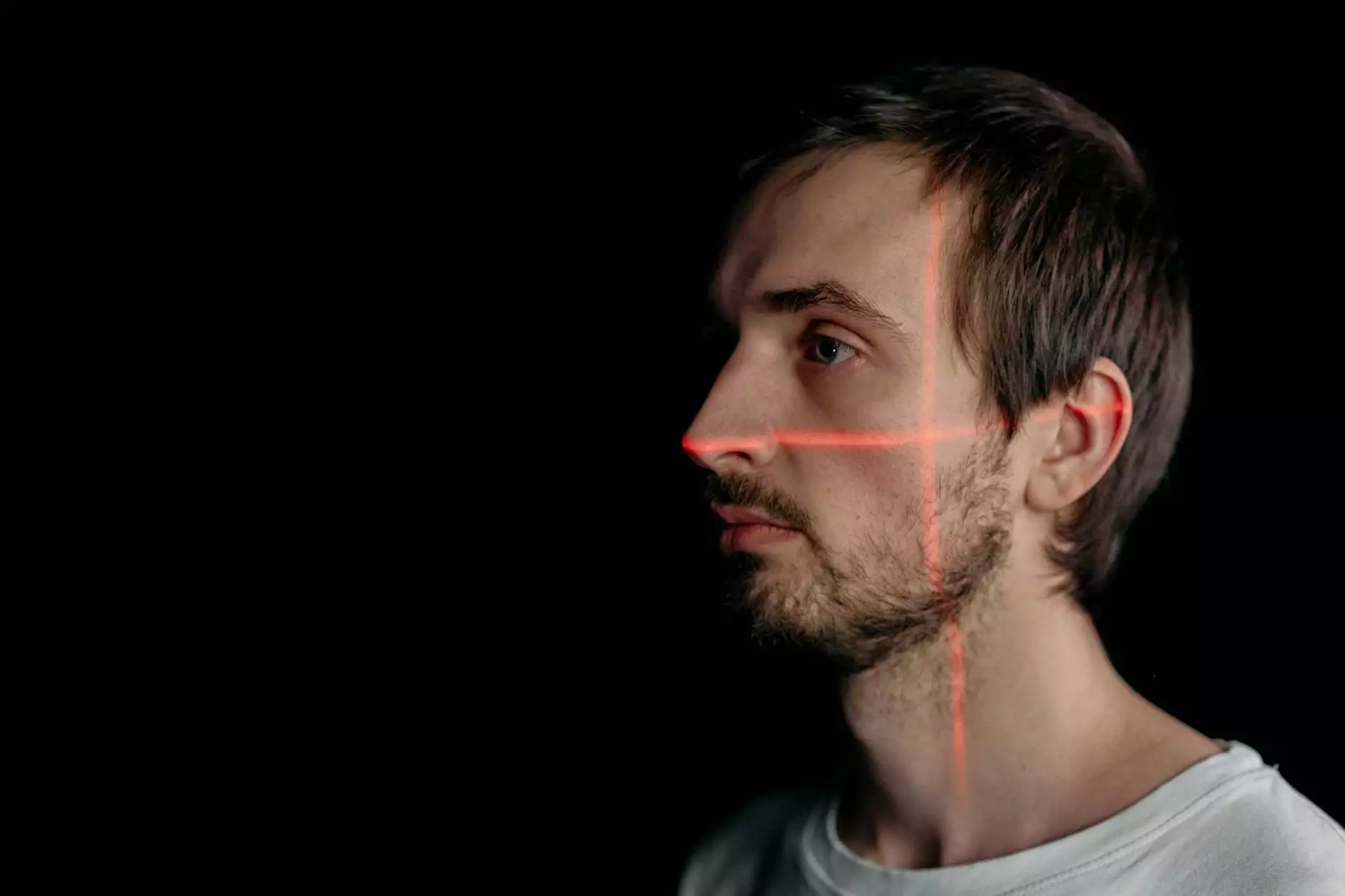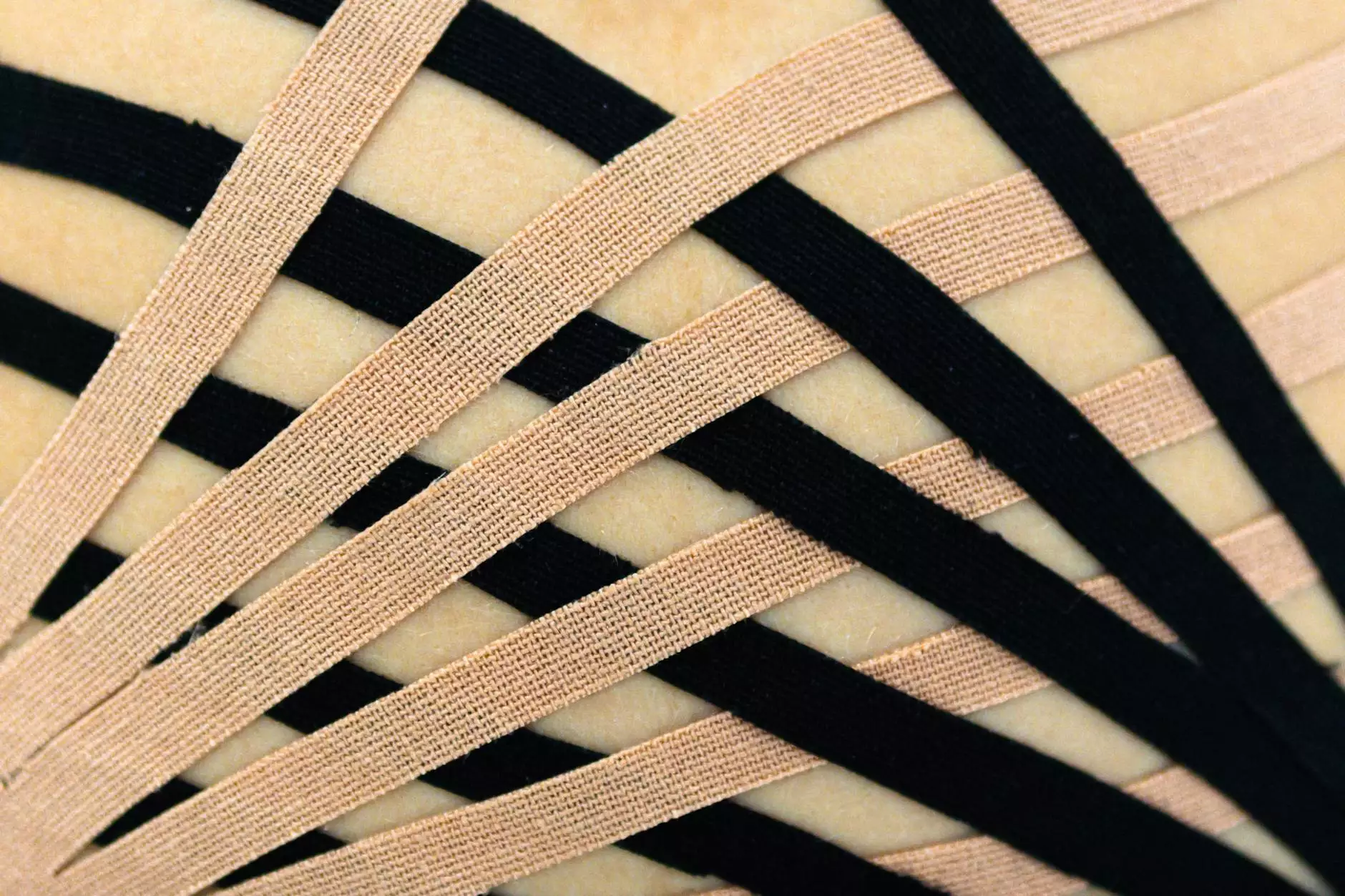The Significance of Lung CT Scans in Modern Medicine

Health & Medical advancements have given us powerful tools to diagnose and treat numerous conditions. Among these, the lung CT scan stands out as a particularly important procedure. This non-invasive imaging technique allows healthcare professionals to view the inside of the lungs, helping in the diagnosis of various respiratory conditions.
What is a Lung CT Scan?
A lung CT scan (computed tomography scan) is an imaging procedure that uses a combination of X-rays and computer technology to create detailed cross-sectional images of the lungs. Unlike standard X-rays, CT scans provide a more comprehensive view, allowing for a closer examination of the lung tissues.
How the Process Works
The procedure for a lung CT scan typically involves the following steps:
- Preparation: You may be required to change into a hospital gown. Inform the technician about any medications you are taking and any allergies, especially to contrast dye.
- Positioning: You will be asked to lie down on a motorized table that slides into the CT scanner. It is crucial to remain still during the scan to avoid motion artifacts.
- Scanning: As the machine rotates around you, it takes multiple images. You might be asked to hold your breath briefly while the images are captured.
- Completion: The entire scan usually lasts less than 30 minutes. You can return to your normal activities immediately after the procedure.
Benefits of Lung CT Scans
The advantages of a lung CT scan are substantial, particularly for patients experiencing respiratory issues. Here are some key benefits:
- High-Resolution Images: CT scans provide detailed images of lung structures, including the bronchi, alveoli, and blood vessels.
- Early Detection: They can identify lung diseases, such as pneumonia, lung cancer, and chronic obstructive pulmonary disease (COPD) at their earliest stages.
- Guided Procedures: CT scans can help guide certain diagnostic processes, such as biopsies, where precise imaging is crucial.
- Non-Invasive: This procedure is non-invasive, making it a safer option compared to exploratory surgery.
Common Conditions Diagnosed with a Lung CT Scan
A lung CT scan can effectively detect a myriad of conditions. Here are some common diagnoses facilitated by this imaging technique:
1. Lung Cancer
CT scans play a critical role in the early detection of lung cancer. Early diagnosis is essential for successful treatment outcomes.
2. Pulmonary Embolism
This condition occurs when a blood clot travels to one of the lung arteries, blocking blood flow. CT pulmonary angiography, a specialized lung CT scan, is often used for this diagnosis.
3. Pneumonia
CT scans can detect infections in the lungs, helping to differentiate between types of pneumonia, such as bacterial, viral, or fungal infections.
4. Interstitial Lung Disease
This term encompasses a group of diseases that affect the interstitium (the tissue and space around the air sacs of the lungs). CT imaging can show patterns indicative of these diseases.
Risks Associated with Lung CT Scans
While lung CT scans are generally safe, they do involve some risks that patients should be aware of:
- Radiation Exposure: CT scans involve exposure to radiation, which can accumulate over time. However, the benefits often outweigh this risk.
- Allergic Reactions: If contrast dye is used, there may be a risk of allergic reactions, although severe reactions are rare.
- Incidental Findings: CT scans may reveal unexpected results that could lead to unnecessary worry or additional testing.
Preparing for Your Lung CT Scan
Proper preparation can enhance the quality of the lung CT scan and ensure accurate results. Follow these guidelines:
- Follow Instructions: Your healthcare provider may give you specific instructions regarding diet or medication intake before the scan.
- Wear Comfortable Clothing: Opt for clothes without metal fasteners, as metal can interfere with imaging.
- Discuss Medical History: Make sure to inform your physician about any prior lung issues or surgeries.
After the Lung CT Scan: What to Expect
After the procedure, there are a few key points to consider:
- Normal Activities: You can typically return to your daily activities immediately after the scan, unless otherwise advised.
- Results Timeline: Your doctor will discuss the results with you, typically within a few days, depending on the urgency of the findings.
- Follow-Up: Depending on the results, follow-up tests or treatments may be necessary.
Innovations in Lung Imaging Technology
As technology progresses, the future of lung imaging continues to evolve. Some notable innovations include:
- Low-Dose CT Scans: These scans use advanced algorithms to reduce radiation exposure while maintaining image quality.
- AI-Assisted Imaging: Artificial intelligence is being utilized to enhance the interpretation of CT scans, leading to faster and more accurate results.
- 3D Imaging: Newer technologies allow for 3D reconstructions of lung anatomy, improving diagnostic capabilities.
The Role of Lung CT Scans in Sports Medicine
In the field of sports medicine, lung CT scans serve a vital role. Athletes may experience respiratory issues due to training intensity or environmental factors. Regular lung CT screenings can help in:
- Assessing Respiratory Health: Athletes can undergo lung CT scans to monitor lung function and detect any underlying conditions.
- Injury Evaluation: In case of injuries, CT imaging can help determine the extent of damage and guide treatment strategies.
Conclusion: The Importance of Lung Health
Maintaining lung health is essential for overall well-being. Understanding the significance of a lung CT scan can empower patients to make informed decisions regarding their health. Regular screenings and proactive healthcare measures can lead to early detection and improved health outcomes.
As a leading provider of health services, Hello Physio is committed to ensuring our patients receive comprehensive care, which includes facilitating timely and precise lung imaging as necessary.
Your health is paramount. Consider discussing the role of lung CT scans with your healthcare provider to ensure optimal lung health and overall wellness today!









